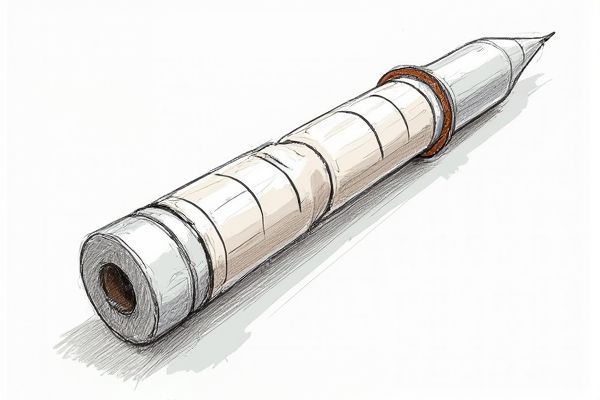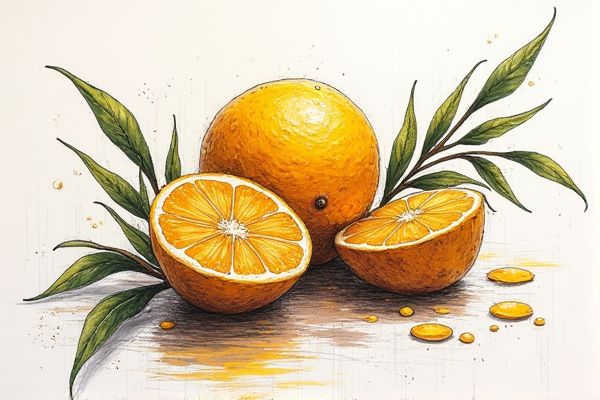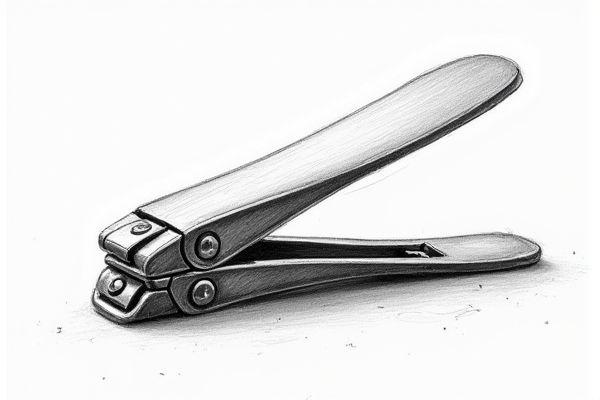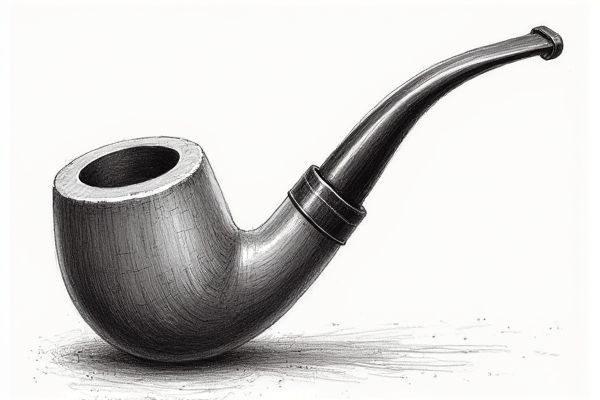In the world of agriculture, selecting the right brand of hay is crucial for optimizing livestock health and farm productivity. Various factors such as nutritional content, texture, and reliability go into determining the top choices among farmers and animal caretakers. These preferred brands often stand out due to their consistency in providing high-quality and nutritious hay, catering to the diverse needs of different animals. To explore the most reputable brands that have gained the trust of agricultural professionals, please find our detailed list below.

Illustration of hay
Best brands of hay in 2025
Standlee Premium Western Forage
Standlee Premium Western Forage is a leading producer of high-quality hay, renowned for its commitment to excellence in forage products. Located in Southern Idaho, the company leverages the region's optimal growing and drying conditions to produce premium alfalfa, timothy grass, and other forages. With an estimated annual revenue of $75 million and a workforce of 172 employees, Standlee has established itself as an industry leader, distributing its products nationwide through retail dealers. Their products, such as the Premium Western Timothy Grass, contain a minimum of 8% crude protein and up to 35% crude fiber, making them highly palatable and nutritious for horses and livestock. Standlee's products are backed by a 30-day guarantee and are recommended by equine nutritional experts. For more detailed information, please visit their official website.
Triple Crown
Triple Crown Nutrition, Inc., established in 1989 and headquartered in Minnesota, is renowned for producing high-quality equine nutrition, including a range of hay and forage products. Their Premium Alfalfa Forage Blend, for example, contains 15% protein, 2.5% fat, and 30% fiber, making it ideal for all classes of horses, especially during hay shortages or to supplement poor-quality hay. The company's feeds feature the unique EquiMix(r) blend, which includes yeast cultures, organic minerals, prebiotics, probiotics, and digestive enzymes to promote gut health and optimize intestinal function. With over 30 years of commitment to providing the best ingredients and nutrients, Triple Crown has expanded its availability to major retailers like Tractor Supply Company, enhancing accessibility for horse owners. Their products are free from restricted ruminant protein products and include GMO-free and soybean-free options.
Manna Pro
Manna Pro Products is a leading manufacturer in the animal feed industry, particularly renowned for its high-quality hay and nutritional supplements. Their products, such as Super Horse Manna Senior, are designed to meet the specific dietary needs of animals, including senior horses, with formulations that include 12.5% crude protein, 4% crude fat, and 18% dietary starch. The company's annual revenues range from $100 to $500 million, indicating its significant market presence. Manna Pro's feeds are enriched with essential nutrients and additives to ensure optimal health and performance in animals. With a strong focus on nutritional value and palatability, Manna Pro's products are trusted by many animal owners and nutritionists. For more detailed information about their nutritional supplements, you can visit their website here.
Alfalfa King
Alfalfa, often referred to as the "Queen of Forages," saw significant production trends in 2023, with Alfalfa and alfalfa mixtures production estimated at 49.9 million tons, marking a 2% increase from 2022. The harvested area rose by 3% to 15.6 million acres, although the average yield slightly decreased to 3.19 tons per acre. Despite this overall increase, prices for alfalfa hay averaged $246 per ton in 2023, down almost $7 from 2022. The price premium of alfalfa over other hay peaked at $120 per ton in April but dropped to $35 per ton by December. Idaho recorded a record-high yield for alfalfa in 2023. For further insights, explore the complete production statistics.
Oxbow Animal Health
Oxbow Animal Health is renowned for producing premium hay, leveraging over 25 years of expertise and 5 generations of family hay growing knowledge. Their hay is grown on family farms in ideal U.S. climates, with growers strictly following Oxbow's quality specifications to ensure early harvests for higher nutritional value and better quality. Each hay batch undergoes extensive quality checks, including field scouting, pre-harvest and harvest inspections, and laboratory testing for nutritional and quality attributes. Oxbow's process involves hand inspection, de-dusting, and careful sorting to remove foreign materials, ensuring 70% of a small pet's diet is met with fresh, natural hay. This meticulous approach guarantees the highest quality hay for small herbivores. For more insights on Oxbow's hay quality, explore their comprehensive article about Oxbow Hay Quality.
Kaytee
Kaytee is renowned as one of the best producers of high-quality hay, particularly their Timothy Hay, which is hand selected to ensure long fiber strands and a proper leaf to stem ratio, supporting digestive health in small animals. This hay is grown in ideal ecological locations for moisture and climate control and stored in protected environments to maintain its superior nutritional value. Kaytee Timothy Hay is higher in fiber (up to 32.0%) and lower in protein and calcium compared to alfalfa hay, making it ideal for animals over 7 months of age. It is naturally grown without pesticides, contains no artificial preservatives, and is non-GMO. As America's #1 Hay Brand, Kaytee ensures the nutrition and quality expected for pets like rabbits and guinea pigs.
Lucerne Farms
Lucerne farms, particularly those in New Zealand, are renowned for their high-quality hay production. In 2019, New Zealand exported hay worth $7.46 million, with Japan, Australia, and Korea being the top importers, accounting for 42%, 31%, and 16.3% of the exports, respectively. The country produces an estimated 13.8 million metric tons of pasture/lucerne hay annually, with a market value of approximately 5.5 billion NZD. Lucerne hay yields can range from 10-22 tons per hectare, with exceptional management yielding up to 25-27 tons per hectare. This high yield and quality make lucerne hay a premium feed for livestock. For more detailed insights, consider exploring the hay market research of New Zealand.
Small Pet Select
Small Pet Select is renowned for producing some of the freshest and highest-quality hay for small animals, sourcing their products from the esteemed Kittitas Valley in Washington's Pacific Northwest. They hand-select and hand-pack each batch to ensure maximum freshness and bio-availability, with a 100% satisfaction guarantee. Their hay is packaged in 100% biodegradable and breathable boxes, and they have been recognized as one of America's best pet brands by Newsweek. With over 30 years of relationships with local farmers, Small Pet Select ensures that 80% of a small animal's diet can be met with their high-fiber hay, such as their 1st cutting Timothy hay. They offer various types of hay, including Timothy, orchard, alfalfa, and oat hay, all delivered directly to customers to maintain freshness.
Tribute Equine Nutrition
Tribute Equine Nutrition is a renowned brand in the equine nutrition industry, particularly noted for its high-quality hay and feed products. Their formulations include prebiotics, probiotics, and optimum levels of antioxidants, which are crucial for maintaining the health and performance of horses. The Tribute line is manufactured by Kalmbach Feeds, a family-owned business, and is characterized by low levels of starch, sugar, and non-structural carbohydrates (NSC), beneficial for horses with metabolic conditions such as insulin resistance, Cushing's disease, or laminitis. For example, their Essential K ration balancer has a low 12.5% NSC content and provides a mix of organic and inorganic trace minerals, including organic selenium yeast.
Teff Hay California
Teff Hay, particularly from producers in California, has gained significant recognition for its high quality and nutritional value. It is a warm-season annual grass that yields between 4 to 5 tons per acre with good production practices, and it contains around 10 to 14 percent protein. This hay is highly palatable and has low Non-Structural Carbohydrate (NSC) levels, making it an ideal feed for horses and cattle. The demand for teff hay has increased due to its comparable quality to cool season grass hay and alfalfa, with some studies showing it can produce yields equal to or greater than these traditional forages. As of recent years, teff hay has become a premium feed source, especially for horse owners seeking low NSC forages. For more detailed information, refer to the Teff Hay Production Guidelines for Utah.
















Leave a Reply
Your email address will not be published.